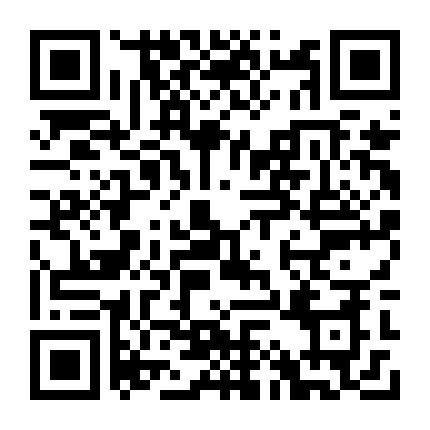小学英语语法分类讲解
- 2018-12-14 12:07:00
- 张秀宇 原创
- 5102
小学英语语法:many与much
|
小学英语语法:some与Any
|
小学英语语法:打开“like文档”
|
小学英语语法:Be的四功能
|
小学英语语法:助动词did
[正] They didn't go to the park last week. |
小学英语语法:have的用法
|
小学英语语法:Do的四作用
|

关注智慧山微信公众号(zhihuishan2013)后,在公众号里回复以下关键字,即可得到相应资源!
公开课、作文、复习、试卷、知识点、活动、拼音、字母、钟表、看图写话、故事、双语故事、成语、常识、APP、语文、数学、英语、百家姓、三字经、唐诗三百首、自助查询、超级口算
- 儿童故事
- 教育资源
- 小学语文
- 小学英语
- 小学数学
- 资源下载
- 专家讲座
- 智慧山微课
- 少儿英语
- 专项复习
- 各科教材
- 课外读物
- 育儿博客
- 书籍推荐
- 胎教音乐
- 经典儿歌
- Scratch编程
- 一年级新生
- 饮食健康
- 学龄前
- 儿童电影
- 成长故事
- 学习宝典
- 幼小衔接
- 古诗文
- 影视动画
- 科学小实验
- 精选课程
- 书法比赛专用
- 首页课程介绍
- 小学指南
- 智慧山活动
- 说明
- 家庭教育
- 晒饭—一早一晚
- 儿童编程
- 编程网站
- 智慧山图书馆
- 小升初
- 英语学习
- 智慧家庭教育




